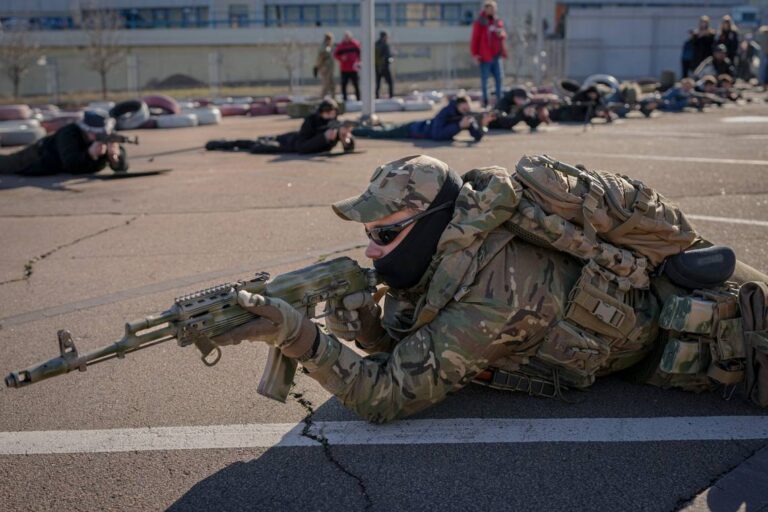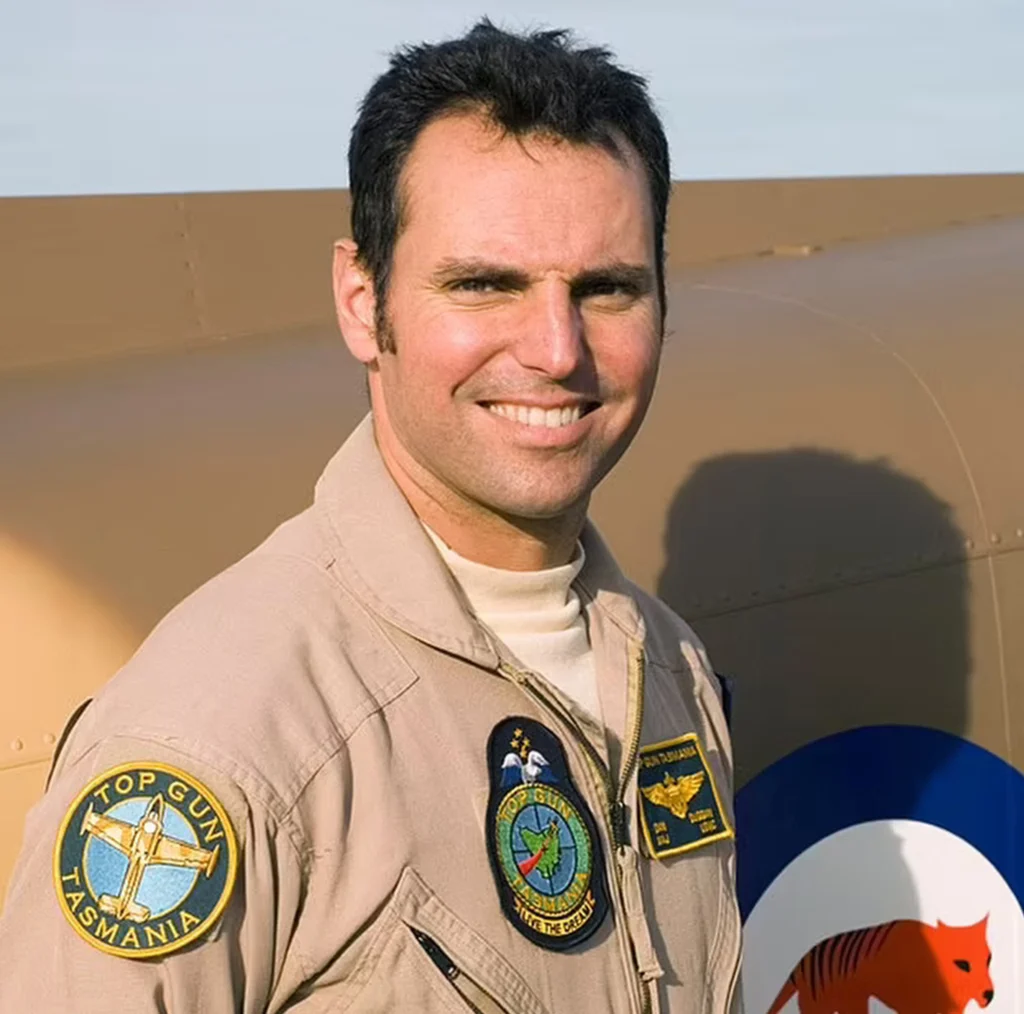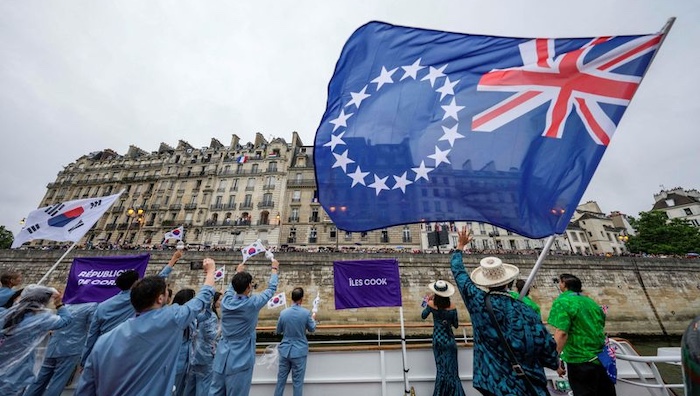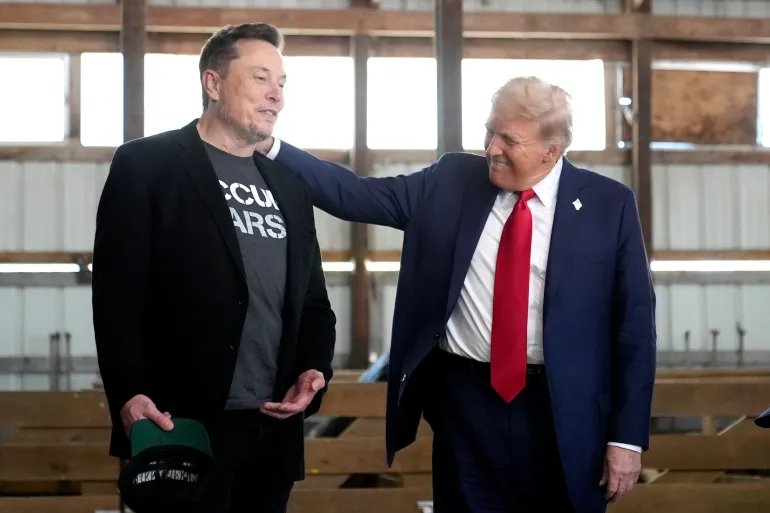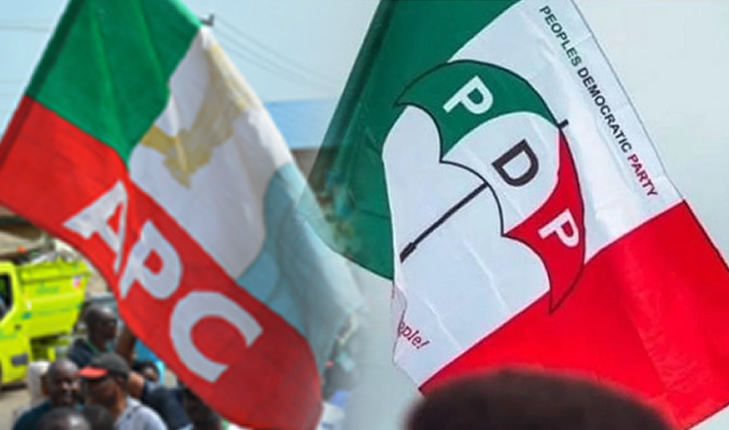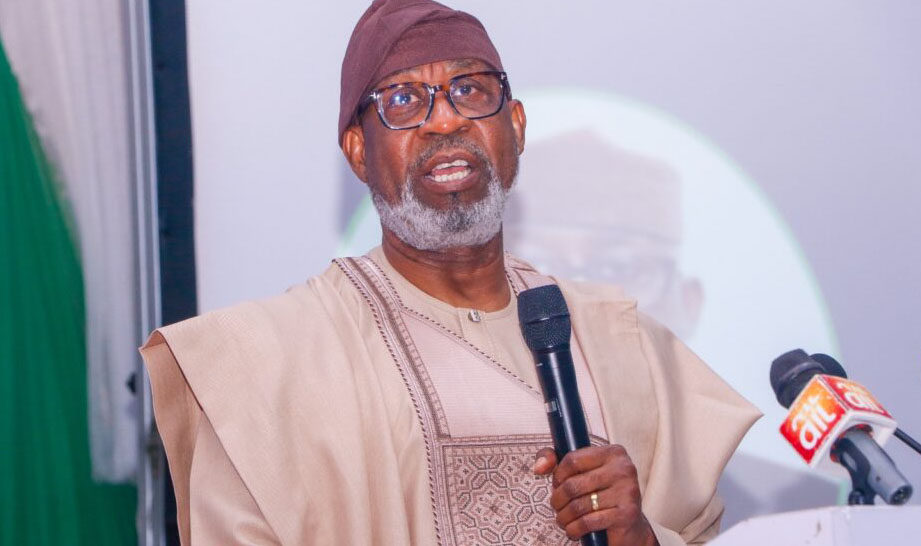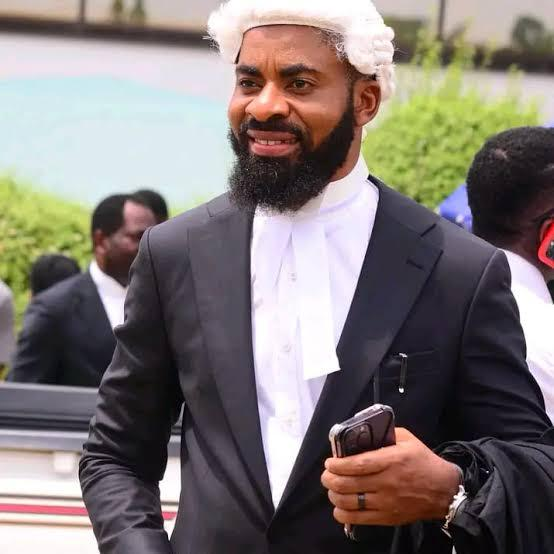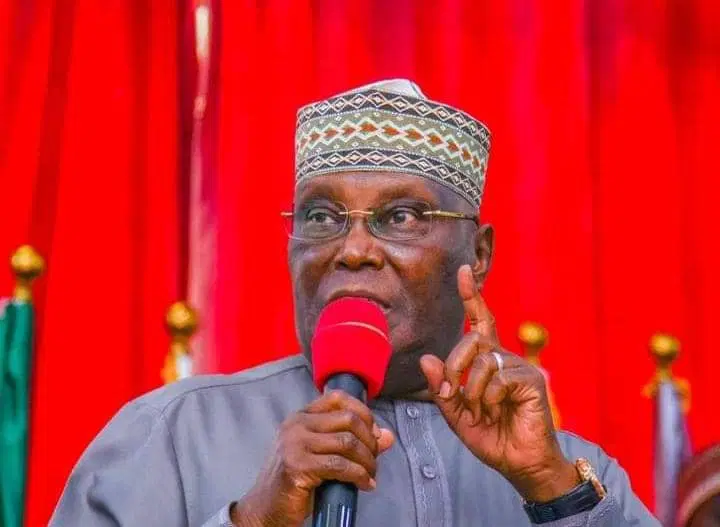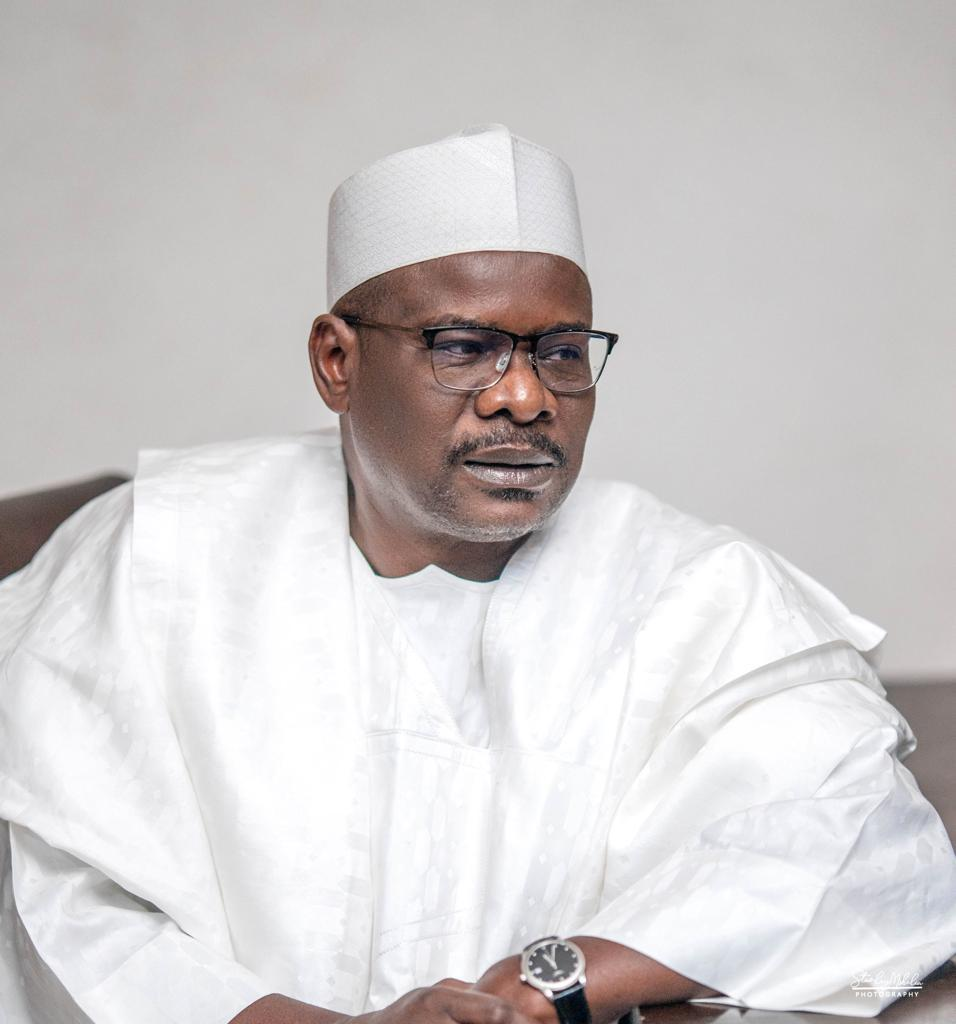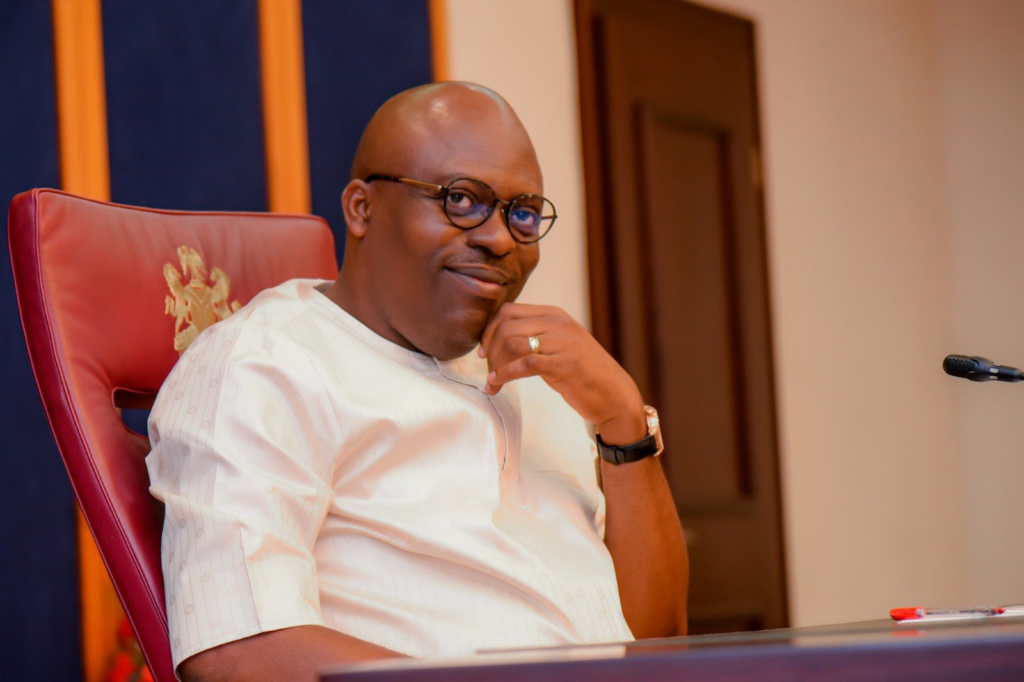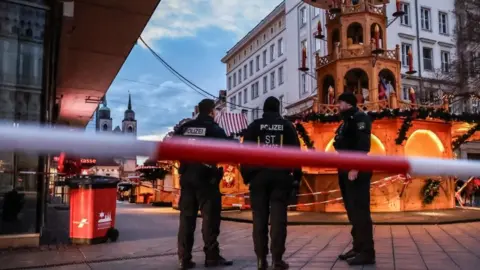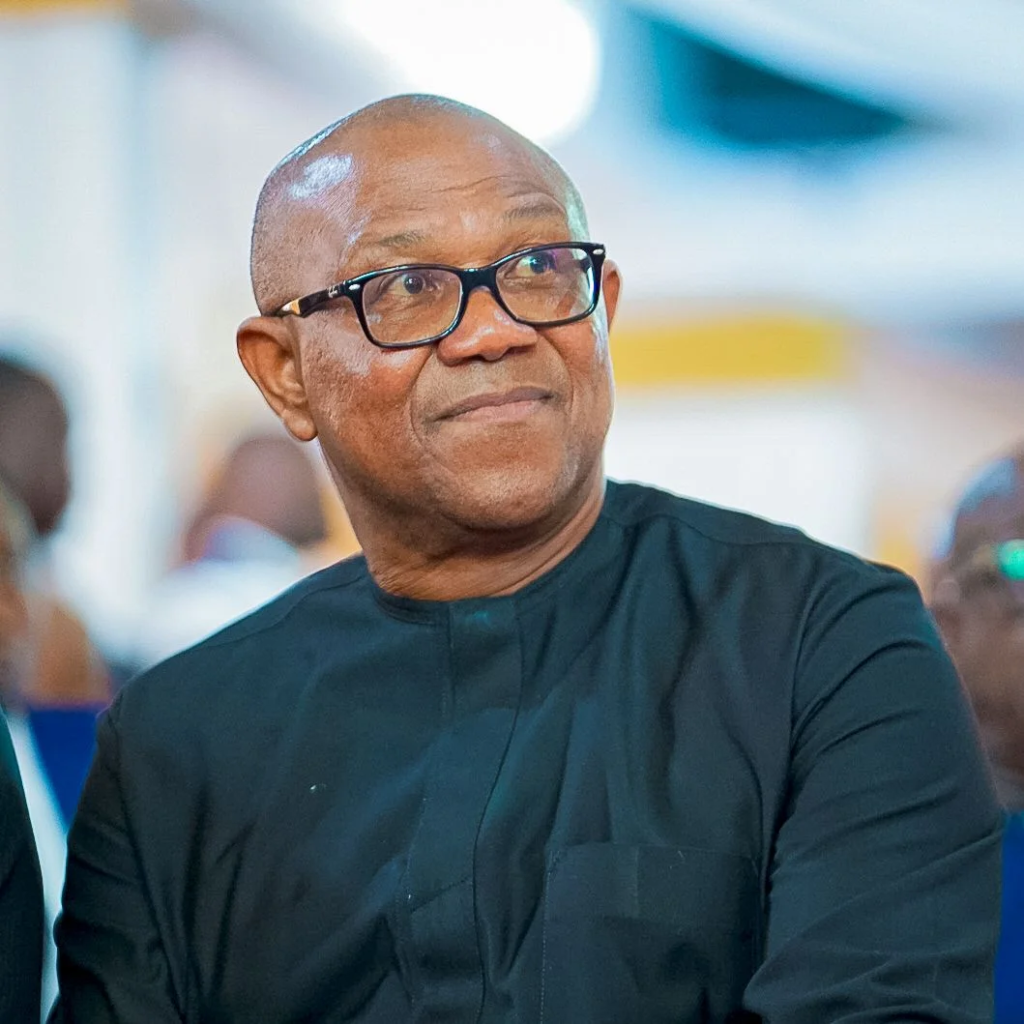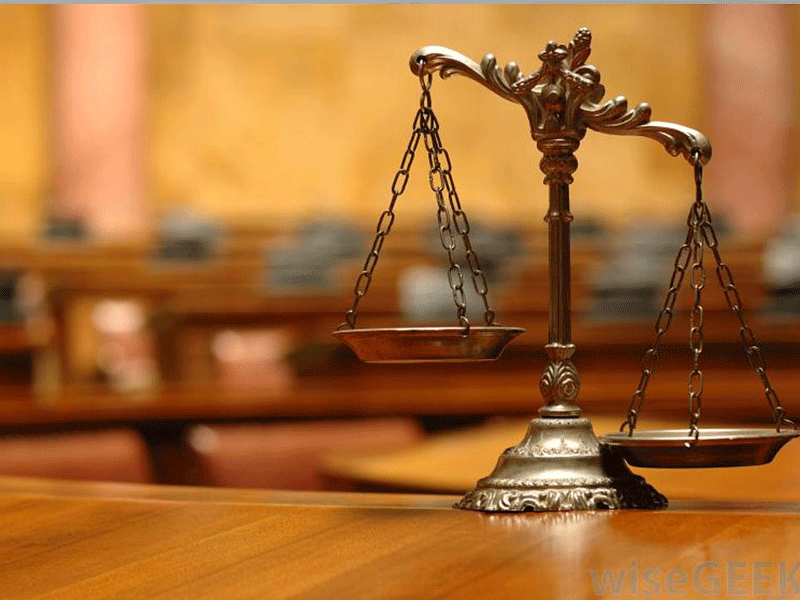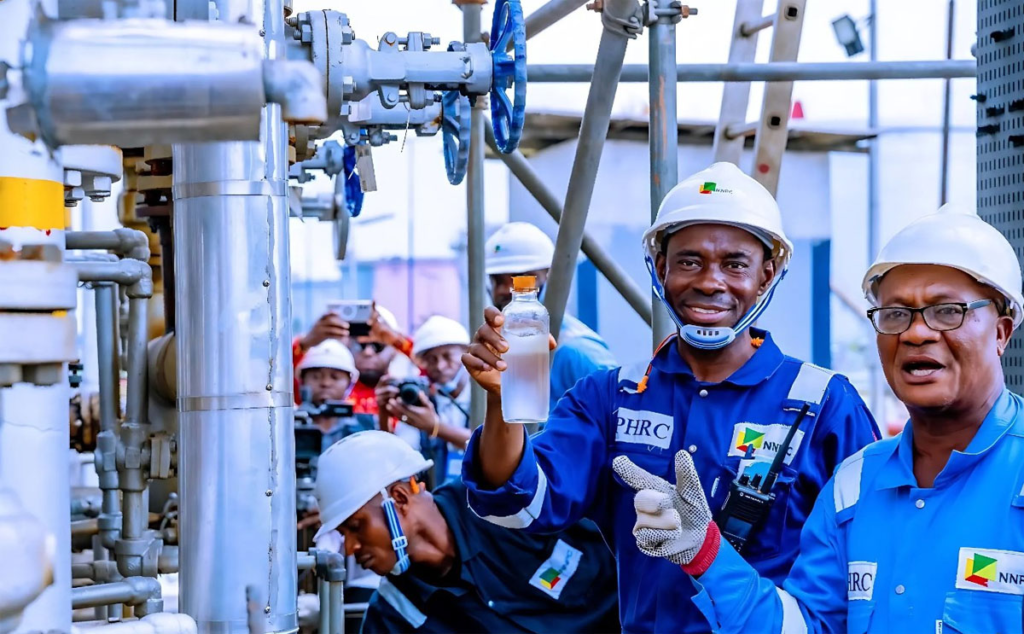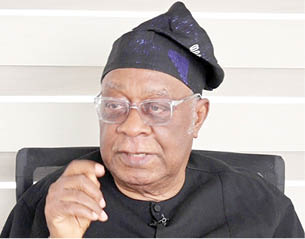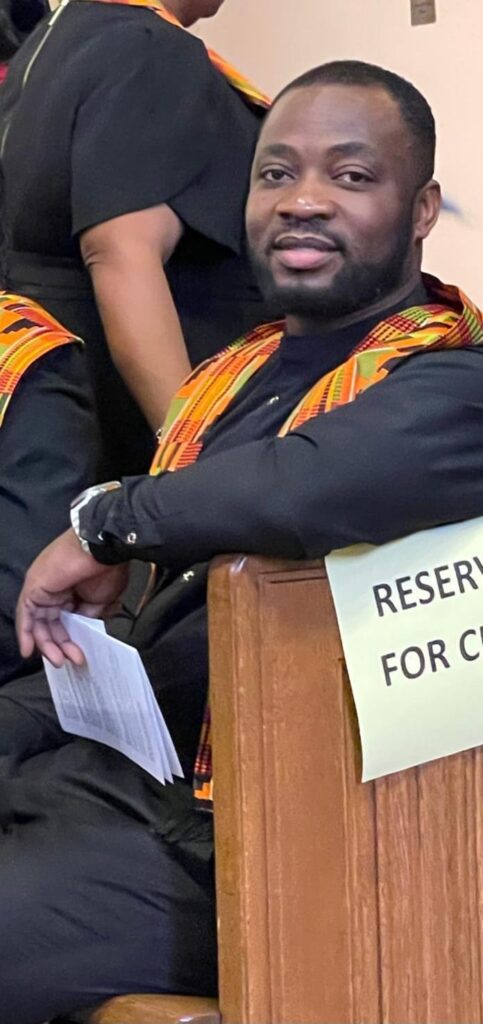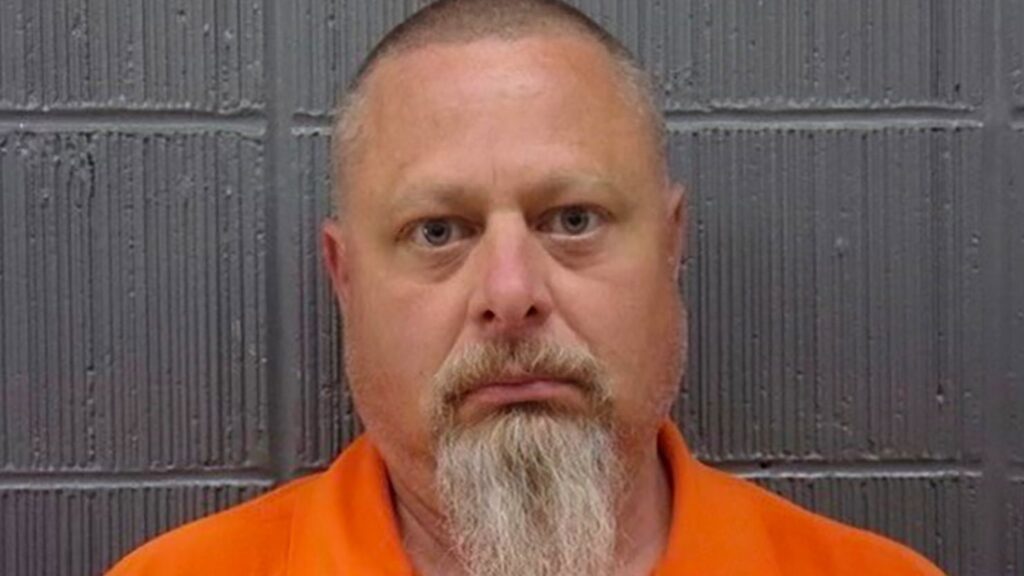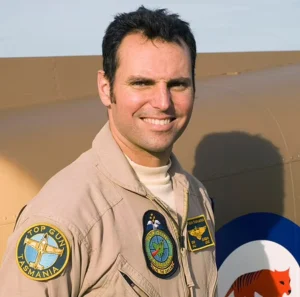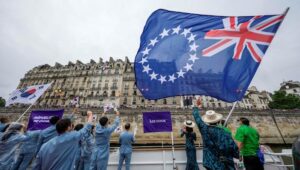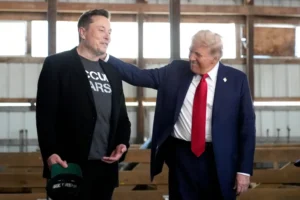German Chancellor Olaf Scholz visited Ukraine on Monday, part of a flurry of Western diplomacy aimed at heading off a feared Russian invasion that some warn could be just days away.
Scholz plans to continue on to Moscow, where he will try to persuade Russian President Vladimir Putin to back down.
U.S. officials have warned that Russia could attack this week. Moscow denies it has any such plans but has massed well over 130,000 troops near Ukraine and, in the U.S. view, has built up enough firepower to launch an attack on short notice.
With concerns rising that war could be imminent, some airlines canceled flights to the Ukrainian capital and troops there unloaded fresh shipments of weapons from NATO members Sunday. The United States, Britain and other European nations told their citizens to leave the country and Washington was also pulling most of its staff from the embassy in Kyiv.
Ukraine’s air traffic safety agency Ukraerorukh issued a statement declaring the airspace over the Black Sea to be a “zone of potential danger” because of Russian naval drills and recommended that planes avoid flying over the sea Feb. 14-19.
The U.S. and its NATO allies have repeatedly warned that Russia will pay a high price for any invasion – but they have sometimes struggled to present a united front. Scholz’s government, in particular, has been criticized for refusing to supply lethal weapons to Ukraine or to spell out which sanctions it would support against Russia, raising questions about Berlin’s resolve to stand up to Moscow.
The chancellor’s visits this week will thus be closely watched for a signs of deviating from the message delivered by Washington and other NATO allies.
So far, those warnings appear to have had little effect: Russia has only beefed up troops and weapons in the region and launched massive drills in its ally Belarus, which also neighbors Ukraine. The West fears that the drills, which entered their decisive phase last week and will run through Sunday, could be used by Moscow as a cover for an invasion from the north.
Moscow wants guarantees from the West that NATO won’t allow Ukraine and other former Soviet countries to join as members, and that the alliance will halt weapon deployments to Ukraine and roll back its forces from Eastern Europe. The U.S. and NATO have flatly rejected those demands.
Ukraine’s ambassador to the U.K., Vadym Prystaiko, seemed to suggest just such a middle path, telling the BBC on Sunday that the country could abandon its goal of joining NATO – an objective that is written into its constitution – if it would avert war with Russia.
“We might – especially being threatened like that, blackmailed by that, and pushed to it,” Prystaiko told BBC Radio 5.
On Monday, however, Prystaiko appeared to back away from that, saying that “to avoid war we are ready for many concessions … but it has nothing to do with NATO, which is enshrined in the constitution.”
In an hourlong Saturday call with Putin, U.S. President Joe Biden said that invading Ukraine would cause “widespread human suffering” and that the West was committed to diplomacy to end the crisis but “equally prepared for other scenarios,” the White House said.
Biden also spoke to Ukrainian President Volodymyr Zelenskyy for about an hour Sunday, agreeing to keep pushing both deterrence and diplomacy to try to stave off a Russian offensive.
His office’s readout of the call also quoted him suggesting that a quick Biden visit would help deescalate the situation – signaling Zelenskyy’s hope the U.S. leader might actually come. That possibility was not mentioned in the White House summary of the call.
“I am convinced that your arrival in Kyiv in the coming days, which are crucial for stabilizing the situation, will be a powerful signal and contribute to de-escalation,” Zelenskyy was quoted by his office as telling Biden.
The Biden administration has become increasingly outspoken about its concerns that Russia could create a false pretext for an invasion in the coming days.
Russia and Ukraine have been locked in a bitter conflict since 2014, when Ukraine’s Kremlin-friendly leader was driven from office by a popular uprising. Moscow responded by annexing the Crimean Peninsula and then backing a separatist insurgency in eastern Ukraine, where fighting has killed over 14,000 people.
A 2015 peace deal brokered by France and Germany helped halt large-scale battles, but regular skirmishes have continued, and efforts to reach a political settlement have stalled.
Abc7ny

